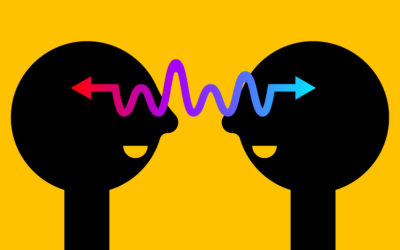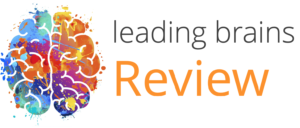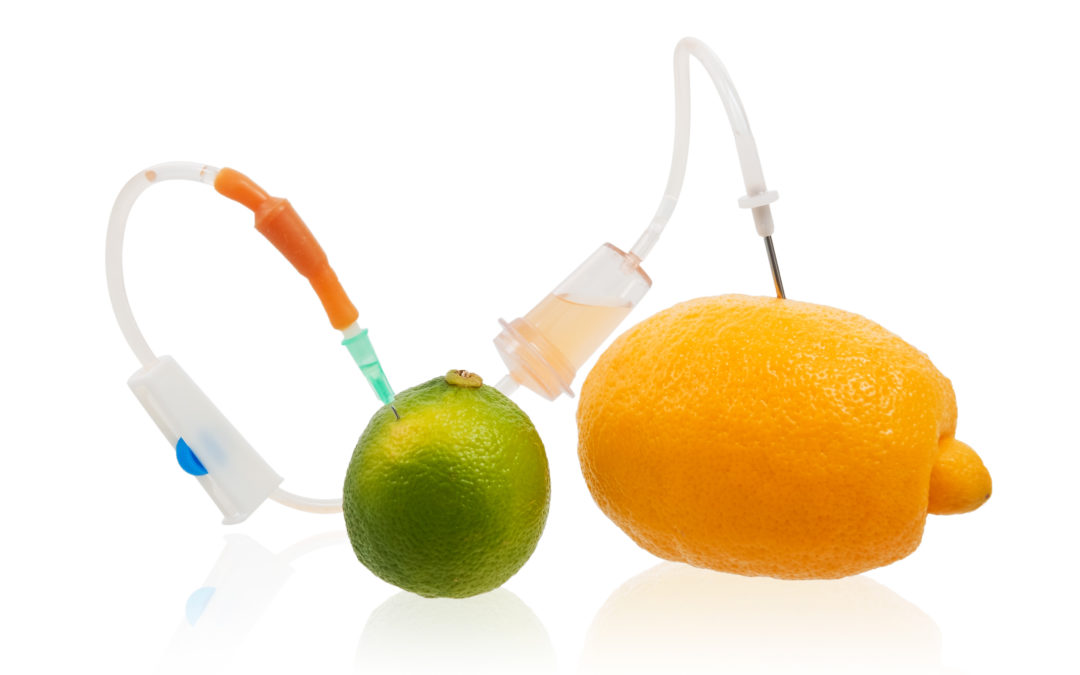Different areas of the brain are associated with empathy – this new research shows how brain regions synchronise to induce empathic responses.

How the Gut Influences Brain Development in Babies
Quick Hits
Daily brief research updates from the cognitive sciences
Are you suggesting that the gut influences the brain – how on earth can that happen?
Yes, but when I say the gut I mean specifically the microbiome of the gut – that is the collection of bacteria in our guts. Which are plentiful.
What, our gut bacteria can help with brain development?
Yes, this has been well-documented in recent years. We all have hundreds and thousand of different strains of bacteria in our guts. And the balance of these seem to have a surprisingly large impact on our health. And that includes brain health and in this case brain development.

How on earth can that happen?
Well, there are multiple ways and we are not sure exactly how all of these work. But an example is that a class called bacteroidetes produce metabolites called sphingolipids, which are instrumental in the formation and structuring of neurons in the brain.
So, a healthy balance of bacteroidetes is a massive bonus of the developing brain (actually any brain).
Oh wow, and what did these researchers find?
In this exploratory study, published in PLOS in August, Sebastian Hunter et al. found that certain bacterial strains were associated with increased cognitive functionality but they also measured brain processing responses (to sounds) in babies 4-6 months old.
They found that those with higher, or lower, proportions of certain strains performed better and had more rapid brain responses.
Specifically, if you’re interested in the details, negatively to Bifidobacterium, and positively to the abundance of Clostridium and Enterococcus.
Ok, and do they know why?
There are multiple ways that your gut bacteria can influence your health but they did note a positive association with metabolic pathways – and this included, for example, if you want to know the technical details, something called branched chain amino acid biosynthesis and the pentose phosphate pathway.
Basically stuff that helps with brain development.
Oh wow – and can this be influenced?
Yes, we can influence our microbiomes and that of our children. I speak about some of the mechanisms here. We know that vaginal brith is good for the microbiome in babies, as is breastfeeding. Minimising use of antibiotics also.
For us, as adults, our diet is essential – lots of natural high-fibre food such as fresh fruit and vegetables and avoiding highly-processed foods counts for a lot.
Is it the same for us adults as well?
Indeed, yes, the microbiome has been shown to be very important for health and brain function in adults as well.
Eat your greens, then!
Yup, and rolling around in the dirt also seems to be beneficial!

Andy Habermacher
Andy is author of leading brains Review, Neuroleadership, and multiple other books. He has been intensively involved in writing and research into neuroleadership and is considered one of Europe’s leading experts. He is also a well-known public speaker, speaking on the brain and human behaviour.
Andy is also a masters athlete (middle distance running) and competes regularly at international competitions (and holds a few national records in his age category).
Reference
Sebastian Hunter, Erica Flaten, Charisse Petersen, Judit Gervain, Janet F. Werker, Laurel J. Trainor, Brett B. Finlay.
Babies, bugs and brains: How the early microbiome associates with infant brain and behavior development.
PLOS ONE, 2023; 18 (8): e0288689
DOI: 10.1371/journal.pone.0288689
More Quick Hits
The Surprising Effectiveness of Coaching in Diminishing Burnout Symptoms
When Love Overrides Other Needs
Different areas of the brain are associated with empathy – this new research shows how brain regions synchronise to induce empathic responses.
The Negative Social Impact of Dealing with AI in the Workplace
Different areas of the brain are associated with empathy – this new research shows how brain regions synchronise to induce empathic responses.
How the Gut Influences Brain Development in Babies
Different areas of the brain are associated with empathy – this new research shows how brain regions synchronise to induce empathic responses.
Your Brain’s Own Cannabinoid Molecules Calm You Down
Different areas of the brain are associated with empathy – this new research shows how brain regions synchronise to induce empathic responses.
Role of Dopamine in Speed and Accuracy of Decisions
Different areas of the brain are associated with empathy – this new research shows how brain regions synchronise to induce empathic responses.














